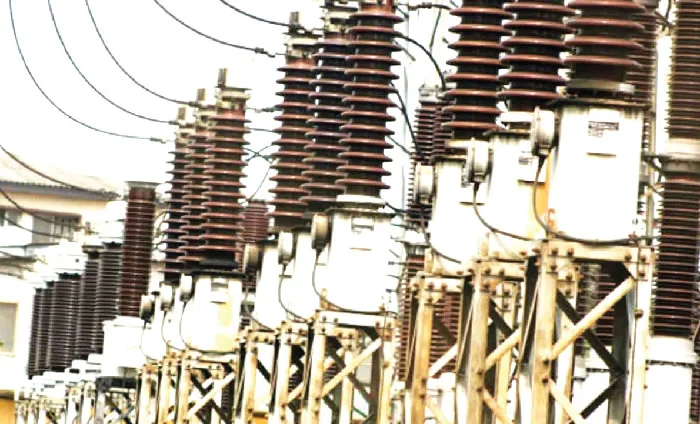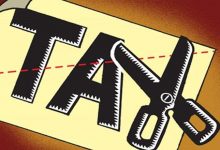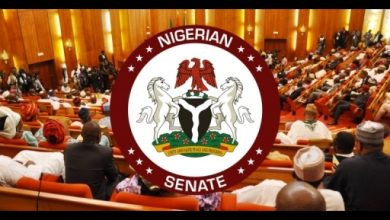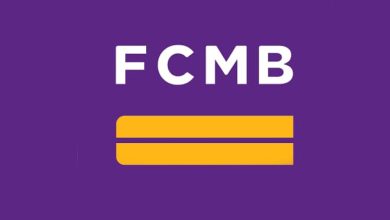Discos suffer N543bn revenue loss in 12 months

The latest report by the Nigerian Electricity Regulatory Commission shows that total billing to electricity consumers by the 11 distribution companies stands at N816bn.
The report also shows that out of this amount, only N370bn has been collected by the DIiscos, leaving a total outstanding of N543bn.
The data was contained in the NERC’s Annual Report. The latest report shows that the loss was recorded in 2020.
The figures show that 74.33 per cent and 66.50 per cent billing and collection efficiencies were recorded, indicating 8.44 and 1.34 percentage points decline when compared with 2019.
The level of collection efficiency indicates that as much as N3.35 out of every N10 worth of energy sold during the year 2020 remained uncollected from customers as and when due.
Due to the low billing collection recorded by the Discos, the utility firms were also not able to fully pay for the quantum electricity supplied to them by the Nigerian Bulk Electricity Trading Plc.
Further findings reveal that during the year under review, a total invoice of N883bn was issued to the 11 Discos for energy received from NBET and for service charge by the Market Operator.
Out of the N883bn charged the utility firms, a sum of N370bn was settled, leaving a total deficit of N512bn in the market.
This payment represents 42 per cent remittance performance, indicating six percentage points increase from the final settlement rate recorded in 2019 (36 per cent).
The individual performance indicates that Benin and Eko Discos met the expected Minimum Remittance Obligations to MO and NBET, Ibadan met its MRT to NBET while Enugu and Ikeja met their MRTs to MO.
The average remittance performances to MO and NBET increased respectively from 78 per cent and 29 per cent in 2019 to 93 per cent and 31 per cent in 2020.
Discos’ remittance performance levels ranged from 48 per cent (Yola) to 100 per cent (Benin) for MO, and 10 per cent (Yola) to 45 per cent (Ikeja) for NBET.
Tariff shortfall is the difference between cost-reflective tariff and allowed end-user tariffs payable by consumers.
NERC said the shortfall contributed to liquidity challenges being experienced in the Nigerian Electricity Supply Industry.
Despite the general shortfall recorded by the market, the NERC’s report indicates that the individual remittance for 2020 was an improvement from that of 2019.
It noted that the improvement in the Discos’ remittance performance was partly linked to the continuous enforcement of the MRO, and the OpEx loan facility offered by the Central Bank of Nigeria-NESI Stabilisation Strategy Limited to DisCos.
The facility was meant to part-finance the Discos’ payment obligations to NBET and MO as well as their operations in order to support the transition to the Service-Based Tariff regime.
The Executive Secretary, Association of Nigerian Electricity Distributors, Sunday Oduntan, could not be reached for response on how the low remittances and bill collections was affecting their performances.
Electricity consumers have over the years complained about estimated billing, which according to them, result in apathy towards bill payments.
The spokesperson for Ikeja Electric, Felix Ofulue, had recently said electricity consumers under the billing methodology consume more energy than those already metered.
“Whenever consumers say they are paying excessively, the reason is that someone living in one bedroom sometimes pays more than the person in a three-bedroom flat. For instance, someone in a three-bedroom uses a gas cylinder. Someone in one bedroom uses an electric cooker bought from Lawanson.
“Those cookers are probably 10 years old and they consume more energy than the modern ones. But NERC introduced capping and we were asked to remove our billing methodology, and were asked to bill according to certain parameters mostly on availability of electricity. So, some people in certain areas are on capping but their bill is high because of the availability of power supply. Don’t forget that the guy using a prepaid meter is more careful in managing his light than those without prepaid meters.”
According to a metering expert, Sesan Okunola, the solution to the billing collection challenge is for all electricity consumers to be metered.





